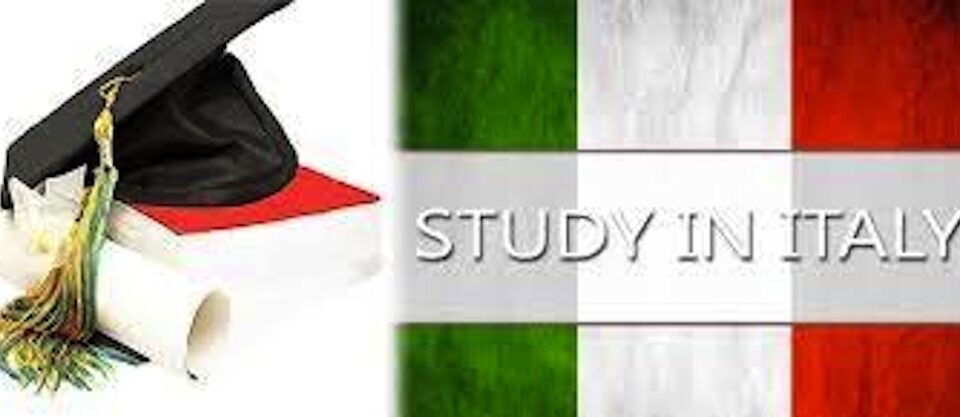Studying Abroad in Italy: How to Apply for a Residence Permit
Foreigner students moving within the EU and those from non-EU countries enrolling in European universities, have been increasing gradually for years. This phenomenon allows students to develop completely new professional, social, and intercultural skills.
Non-EU students choose Italy for different reasons. Some may be attracted by the fame of Italian education, others are interested in Italian culture, and others are motivated by the possibility of finding work in our country.
Index
- Studying Abroad, The Tax Code For Foreign Students In Italy
- Residence Permit For Foreign Students
- Conclusions
Studying Abroad, The Tax Code For Foreign Students In Italy
The first thing to do, once you arrive in Italy, is to apply for the tax code at the Tax Office.
For obtaining, the student must follow the following steps:
- Completion of model AA4/8
- Presentation of a valid ID
- Delivery of the copy of the passport containing the Entry Visa
Residence Permit For Foreign Students
The residence permit for study is a document issued by the Ministry of the Interior to non-EU foreign students who intend to pursue a course of study in Italy. The duration of the residence permit varies according to the length of the course of study that you intend to attend.
To apply for a residence permit for study purposes it is necessary to present the following documents to the Immigration Office of the competent Immigration Office:
- Valid passport or travel document;
- Copy of the certificate attesting to the course of study;
- Study visa;
- Certificate of enrollment in university or school;
- Declaration of accommodation;
- Health insurance;
- Tax for issuing the permit;
- Tax code.
Foreign Student Permit Issue
Once the application has been completed, and the postal kit sent, the foreign student in Italy is issued a receipt.
This receipt contains the date of the appointment at the immigration Office for fingerprinting and checking the documents sent.
Conclusions
The residence permit for study purposes allows foreign students to legally stay in Italy for the duration of the course of study.
At the end of the course of study, the foreign student may apply for a residence permit for employed or self-employed work or for pending employment.
The arrival of non-EU students in Italy has a positive impact on the Italian economy and society. Non-EU students contribute to the Italian social and cultural fabric, and many of them remain in our country after graduation, contributing to Italian economic growth.

